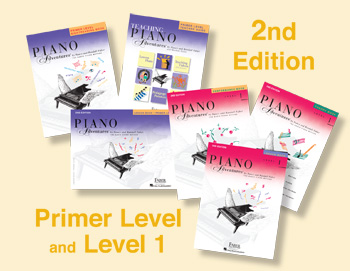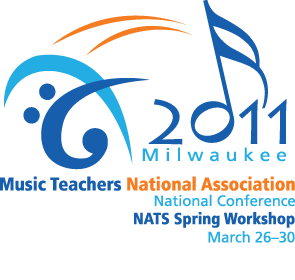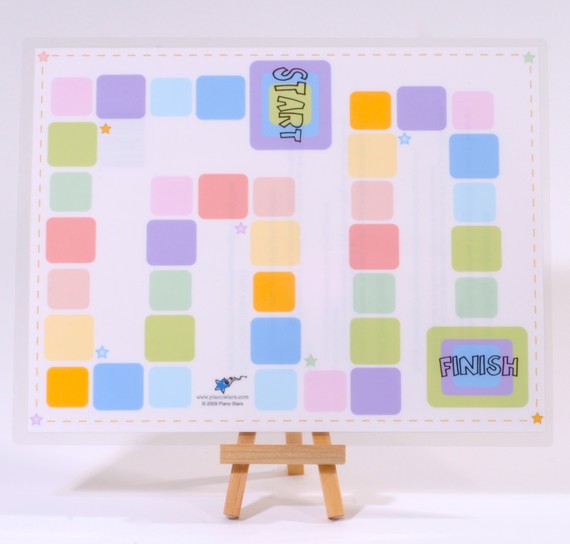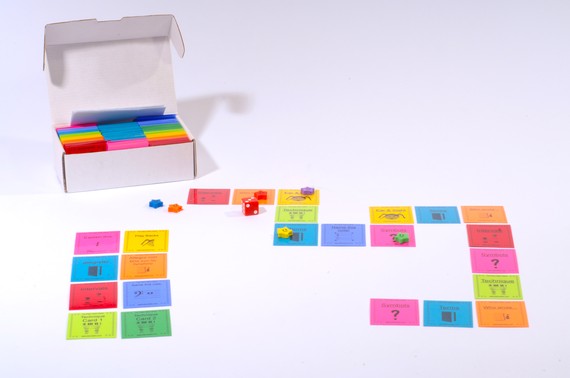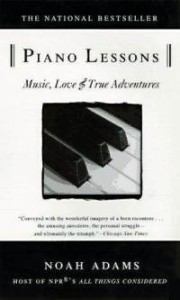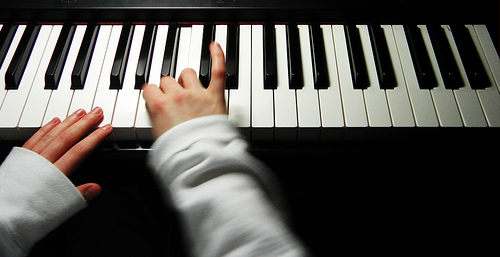 Have you heard the news about the new 2nd Editions of the Faber Piano Adventures? They’ve completed a revision of the Primer and Level 1 books, and will be doing Level 2 (and beyond?) at a later date.
Have you heard the news about the new 2nd Editions of the Faber Piano Adventures? They’ve completed a revision of the Primer and Level 1 books, and will be doing Level 2 (and beyond?) at a later date.
At the MTNA conference, I had the opportunity to look at the new books at the Hal Leonard booth in the Exhibit Hall (and even take home a free copy of the Primer Level Performance book!).
You can visit their website to read about all the updates made in the new 2nd Editions, but below are a few highlights:
- The back of the books shows a chart that shows the books and supplemental materials available. The front of the books also has “2nd Edition” marked clearly in the upper left hand corner.
- Inside the front cover, there is a progress chart that clearly shows the progression and introduction of concepts for easy lesson planning.
- The Theory book more closely follows the concepts and artwork of the Lesson Book.
- The Theory book contains more creative activities, such as improvisation and composition activities.
- New repertoire has been added to the Performance and Lesson Books for more variety at your recitals.
- A new Sightreading Book has been added to the Primer Level and Level 1! It is a thick, black and white book with short examples to sightread. Students are instructed, “Don’t Practice This!” and to cross out the page once they’ve sightread the page for that day.
- A new Teacher Guide is available!
The Piano Adventures method is one of my favorites to use with students (although I deliberately do my best to use a variety of methods with my students), and these updates look great to me! What do you think?


